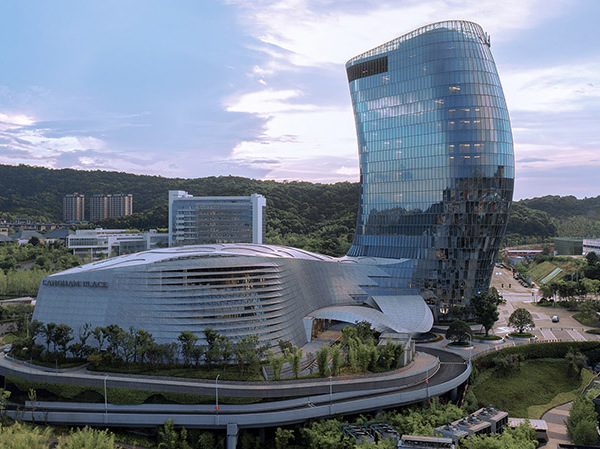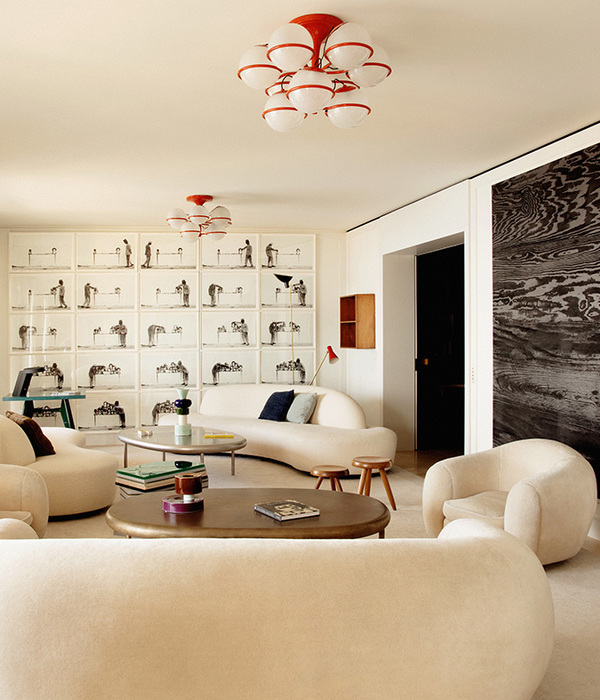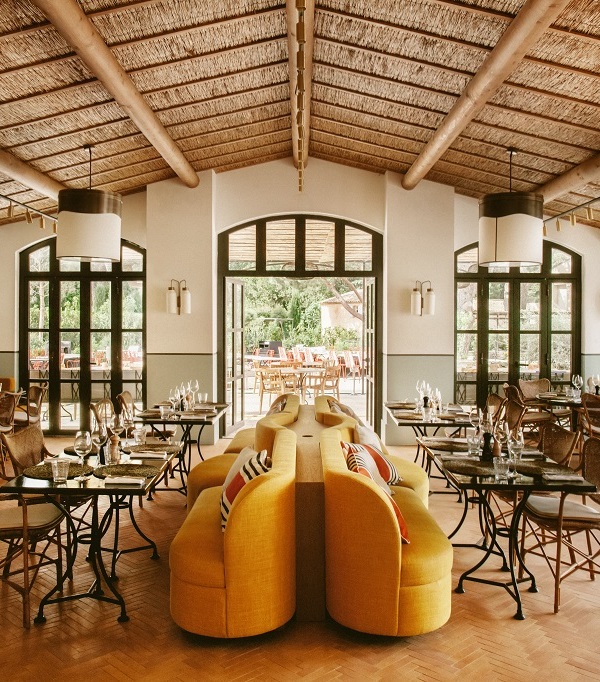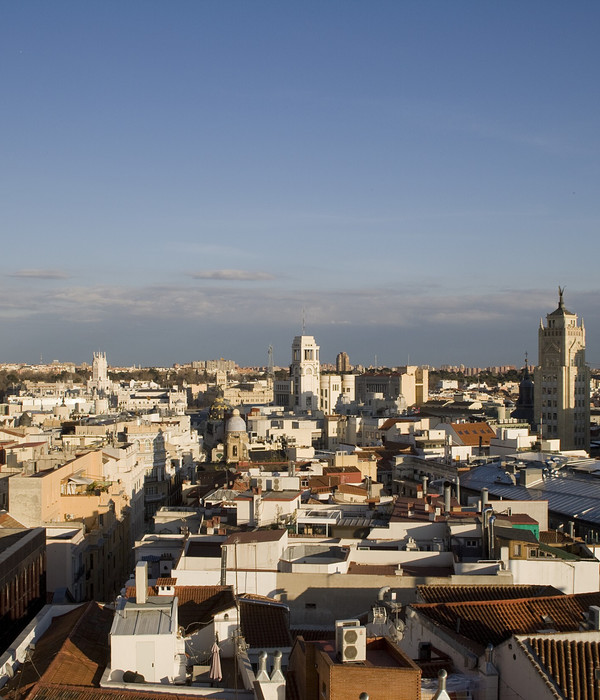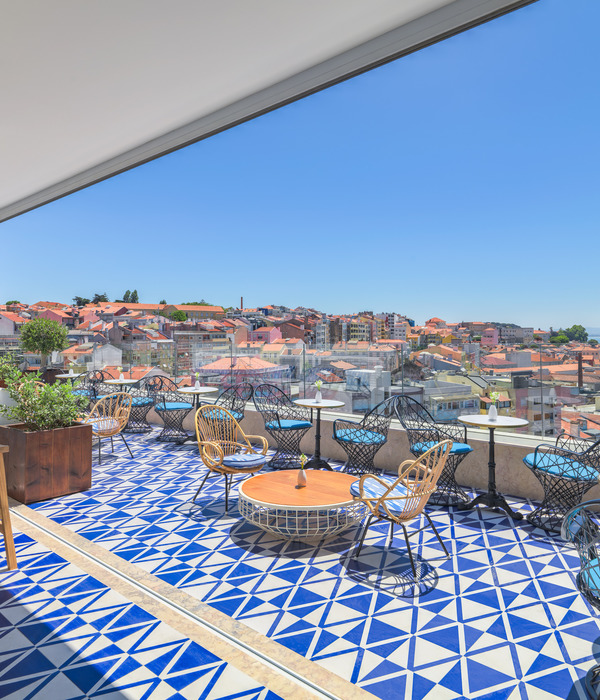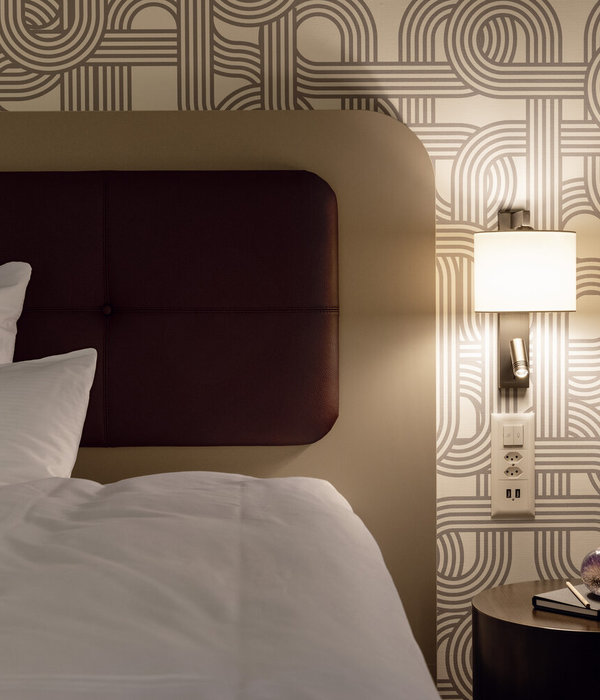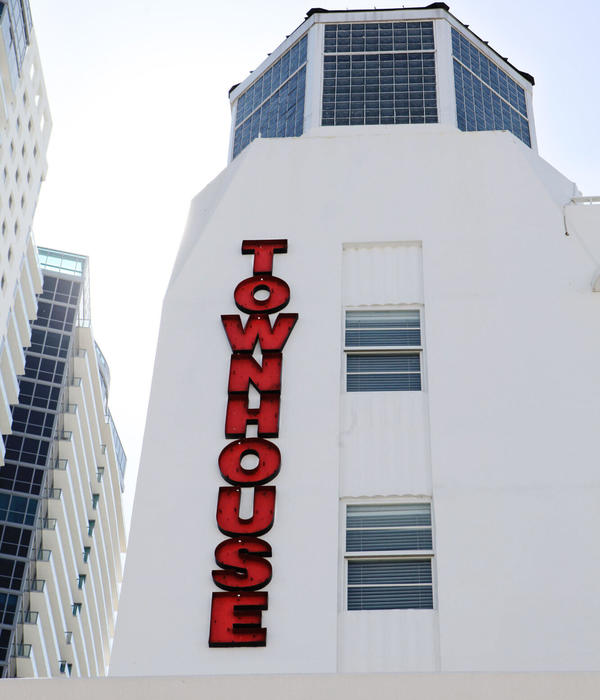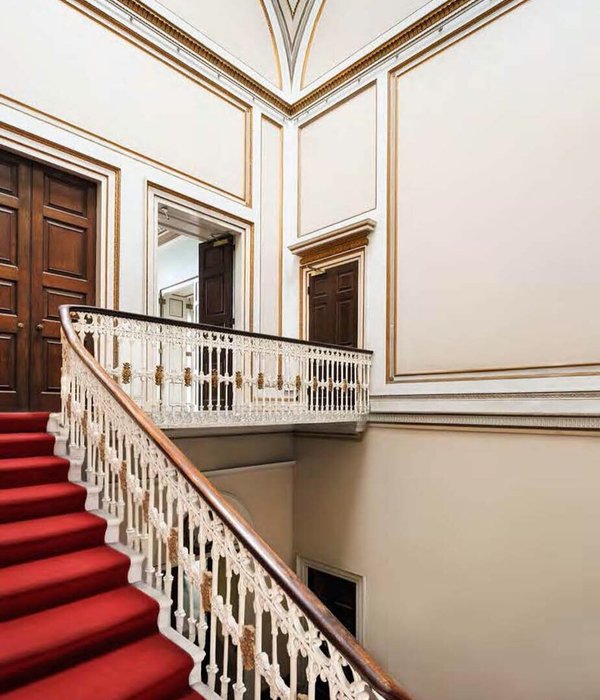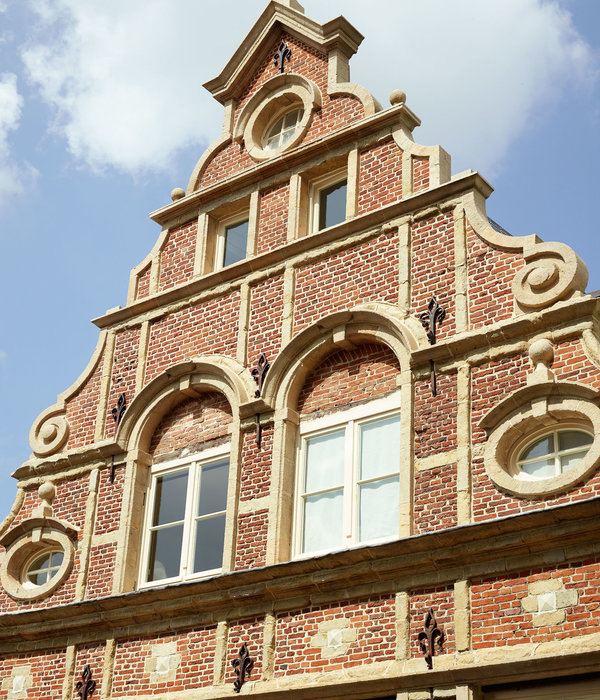View from railway station. Image © Jianghe Zeng
从火车站观看。形象(江河曾)
架构师提供的文本描述。河南省省会郑州正在经历持续的增长。根据目前的估计,到2020年,黄河上的大都市将有超过1100万居民。为了为这一发展做好准备,近几年在城东修建了一个新的火车站,以建立一个中央交通交汇处。
Text description provided by the architects. Zhengzhou, the capital of Henan Province, is experiencing ongoing growth. According to current estimates, the metropolis on the Yellow River will have over 11 million inhabitants by 2020. In order to prepare for this development, a new railway station has been built in recent years to the east of the city to create a central traffic interchange.
View from the west. Image © Jianghe Zeng
从西边看。形象(江河曾)
新建筑通过GMP关闭了一个城市设计轴的西部,一个轴,从新的火车站向市中心。就像城市的入口门一样,高层建筑与火车站的水平建筑形成了垂直平衡。塔楼之间的广场构成了连接元素。由于双塔高度284米,比附近的其他高层建筑要高得多,从远处可以看到郑州天际线上的标志性建筑。
The new buildings by gmp close off an urban design axis to the west, an axis that leads from the new railway station towards the city center. Like an entrance door to the city, the high-rise buildings form a vertical counterpoise to the horizontal building of the railway station. A plaza between the towers forms a linking element. Owing to their height of 284 meters, the twin towers are significantly higher than the other high-rise buildings in the vicinity and, as identity-creating buildings in the skyline of Zhengzhou, are visible from afar.
Sky Lobby. Image © Jianghe Zeng
天空前厅。形象(江河曾)
格陵兰塔的63层楼主要容纳办公室。其中一座塔的面积约为232,000平方米-这个高度的高层建筑面积相对较大,这是因为每层建筑面积很大,为4000平方米。这样就可以灵活地将每一层的楼面面积划分为最多15个单元。
The 63 stories of the Greenland Towers accommodate mostly offices. One tower comprises about 232,000 square meters—a comparatively large area for a high-rise building of this height, which is due to the very large area per floor of 4,000 square meters. This makes it possible to flexibly divide the floor area of each floor into up to 15 units.
View of facade. Image © Jianghe Zeng
正面的景色。形象(江河曾)
在它们的基础上,两个塔都有其侧面L形的基座建筑,以容纳商业功能。通过从基座建筑物中分离塔,从所有侧面都不受限制地进入塔的大厅。每天大约有12,000人穿过每个塔的门厅到达上层。
At their base, both towers have to their side L-shaped plinth buildings that accommodate commercial functions. By separating the towers from the plinth buildings, there is unrestricted access to the lobbies of the towers from all sides. Almost 12,000 people cross the foyer of each tower every day on their way to the upper floors.
Swimming pool in the spa. Image © Jianghe Zeng
水疗中心的游泳池。形象(江河曾)
在平面图中,高塔的布置以风车的形式在建筑物的方形核心周围进行。所有办公室都通过正面轮廓中隐藏的开口受益于自然通风。每八层楼都有空中大厅,写字楼的垂直位置很有声望,当地公司可以用很多不同的方式使用。这种规模的高层建筑的一个不寻常的特点是,员工们有机会在高层使用外部露台,从这里可以欣赏到郑州的整个城市景观。
In plan, the layout of the towers has been arranged offset in windmill fashion around the square core of the building. All offices benefit from natural ventilation via concealed openings in the facade profiles. With the sky lobbies on every eighth floor, the office towers have prestigious areas in the vertical that can be used in many different ways by the local companies. An unusual feature in a high-rise building of this size is that the employees are given the opportunity to use an outside terrace at high level and, from here, to enjoy the view across the cityscape of Zhengzhou.
Foyer. Image © Jianghe Zeng
门厅。形象(江河曾)
格陵兰塔的顶层容纳了八层的天空中庭,这是专为功能:所谓的“天空商业”与餐厅,商店和水疗延伸到三层旁边的中庭。北塔的豪华办公室和南塔的高级俱乐部设施和公寓构成了塔楼的最上层。与天空中庭,创造了一个有吸引力的公共场所,为艺术展览和音乐会,从而丰富了垂直城市生活在中国,一个新的吸引力在240米高。
The top stories of the Greenland Towers accommodate the eight-story Sky Atrium, which is reserved for exclusive functions: the co-called “Sky Commerce” with restaurants, shops, and a spa extends across three floors next to the atrium. Luxurious offices in the north tower and exclusive club facilities and apartments in the south tower make up the uppermost floors of the towers. With the Sky Atrium, an attractive public venue has been created for art exhibitions and concerts, thus enriching vertical urban life in China with a new attraction at a height of 240 meters.
Staircase in „Sky Atrium“ . Image © Jianghe Zeng
“天空中庭”的楼梯。形象(江河曾)
Illumination by night. Image © Jianghe Zeng
夜间照明。形象(江河曾)
Architects gmp Architects
Location Zhengzhou, Henan, China
Design Meinhard von Gerkan, Stephan Schütz, Nicolas Pomränke
Competition project management Niklas Veelken
Competition design team Jan Deml, Amelie Neusen, Michael Reiss, Susan Schwarz, Sabine Stage, Jochen Sültrup, Thilo Zehme, Bin Zhou
Detail design project management Niklas Veelken, Jens Weiler
Detail design team Markus Busch, Ping Cao, Lan Chen, Yue Chen, Andrew Davis, Jan Deml, Christian Dorndorf, Johannes Erdmann, Kuno von Häfen, Boyan Kolchakov, Lin Lin, Fernando Nassare, Kristin Schoyerer, Elsa Tang, Thilo Zehme, Zhou Bin
Partner practice in China TJADRI Group, Co., Ltd., Shanghai
Area 746000.0 m2
Project Year 2018
Photographs ZMG China, Jianghe Zeng
Category Commercial Architecture
{{item.text_origin}}


